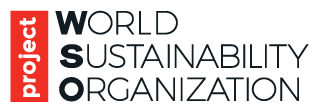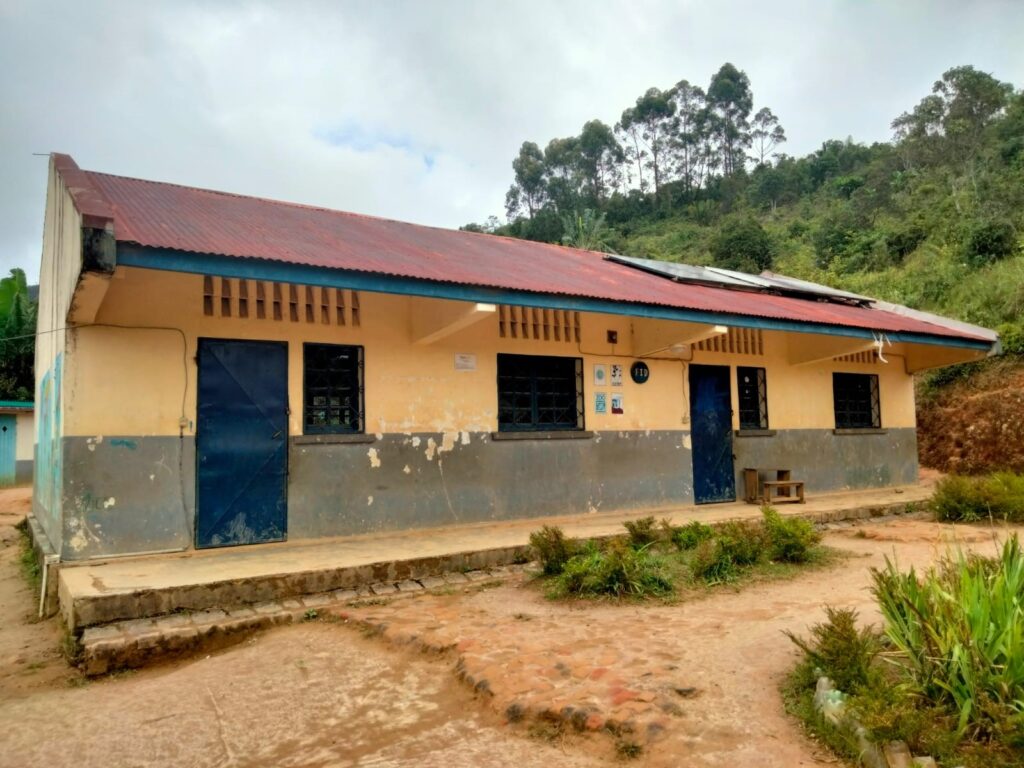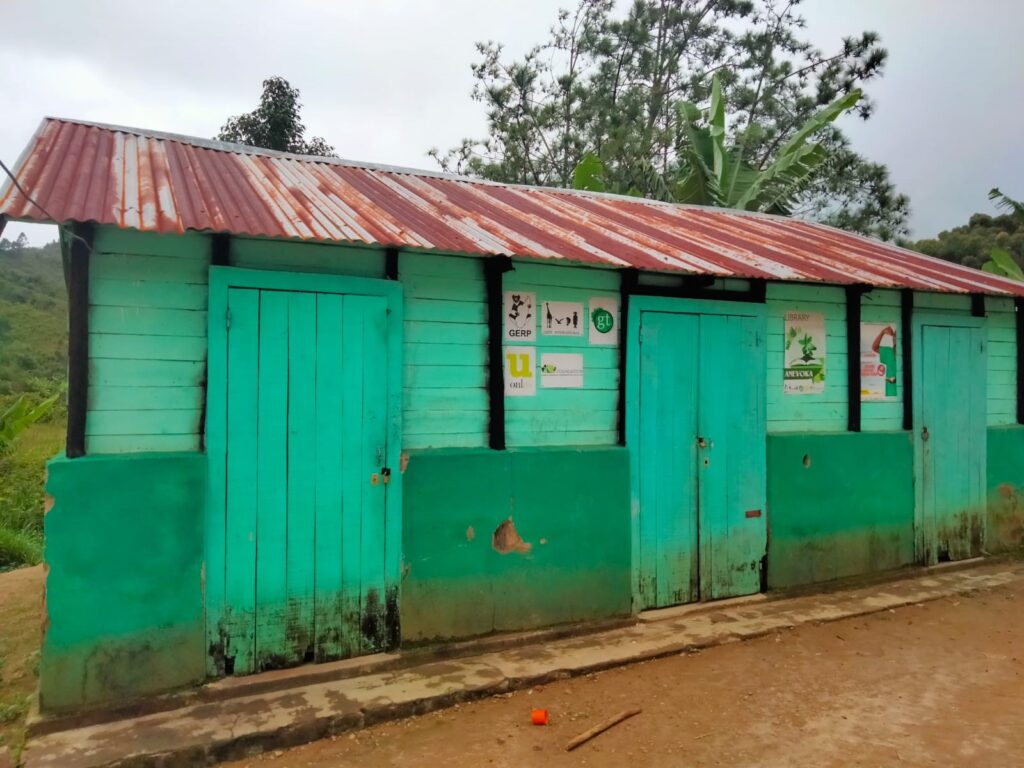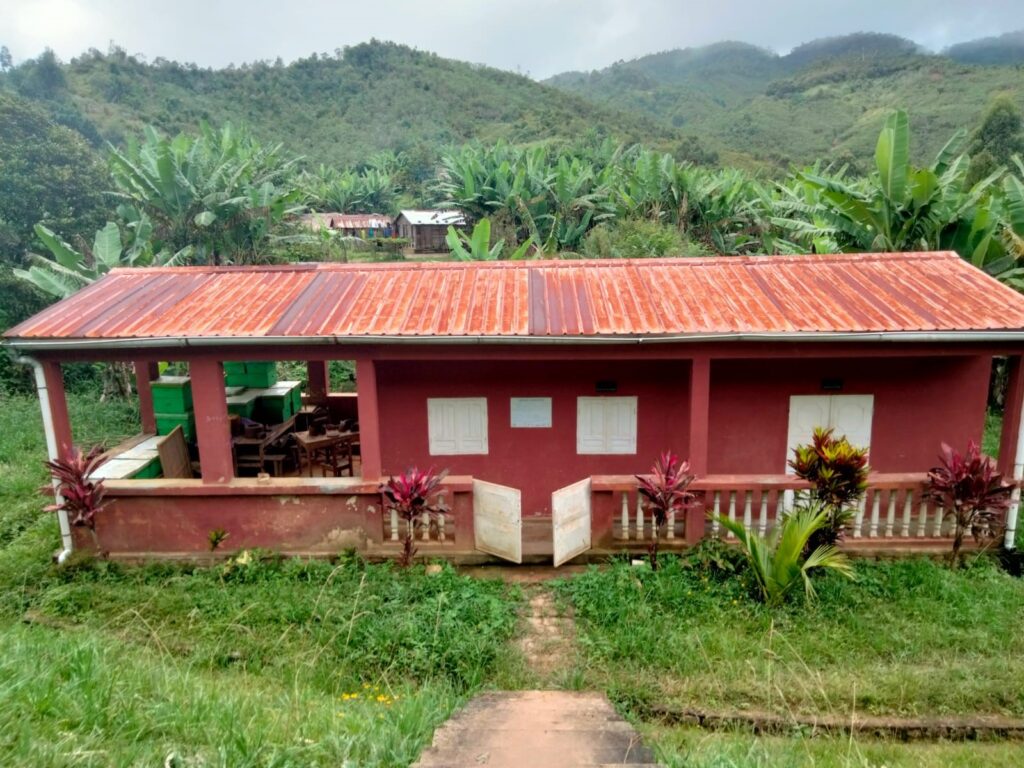Raising Awareness in Schools
Since 2015, Friend of the Sea has organised awareness activities in schools around the world.
Thousands of students have been introduced to fishing and aquaculture through the key topics of biodiversity, overfishing, sustainable fishing methods and aquaculture techniques, not forgetting the responsibility of consumers.
Lessons include interactive videos, multiple choice quizzes and role-playing games. At the end of the day, information and promotional items are distributed to the students so that they can spread the message to friends and families.
Also, in each of our conservation projects, we try to focus a part on awareness in schools.
ACTIVE PROJECTS
SAVE THE PRIMATES
Anevoka is a small, isolated village located on the slopes of the New Protected Area of Maromizaha (NAP 2015), where various programs have been born, from forest and biodiversity conservation to sustainable and educational development.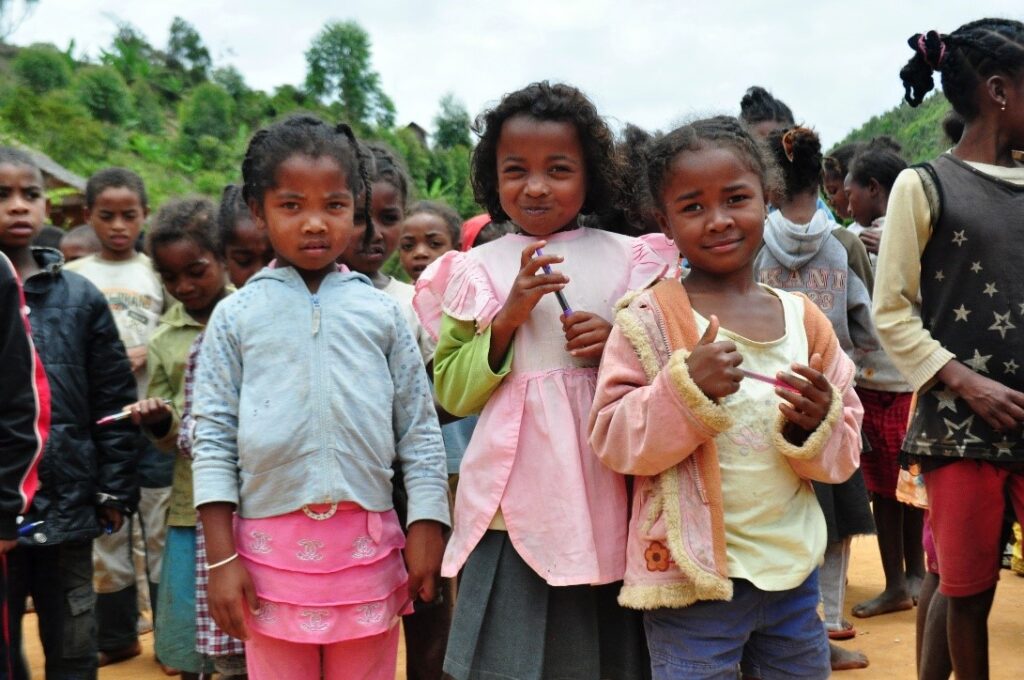
Regarding the latter, the MADAction project of the U ONLUS (https://www.uonlus.it/), in collaboration with the Department of Life Sciences and System Biology of the University of Turin, supports the Anevoka public primary school and two minor institutes: Ambavaniasy and Ampangalatsary. The school was created to improve the educational level of the hundreds of local children: about 250 children are educated in the main structure and in two others that can accommodate a hundred more schoolchildren.
The primary purpose is to sensitize children to respect the surrounding environment, the forest, recycling to bring greater awareness for when they enter adulthood.
The program is in fact part of the sustainable development project (Projet de développement durable) which is based on the enhancement of biodiversity and the development of initiatives to allow communities to increase control over their own lives and take a leading role in the conservation of local biodiversity.
In addition to the main teaching structure, two other classrooms were built to expand the space capacity and accommodate more children. One much larger and longer, the other smaller.
Besides, the environmental library was installed in 2017, which contains 150 books to help the 6 teachers to deal with topics on environmental issues.
Teachers have private bathrooms, separated from the bathrooms for children.
A vegetable garden with legumes and fruit trees was also created to encourage children to love the environment in which they live and to learn simple agricultural techniques.
There is also a honey farm with hives of domesticated bees that collect pollen from wild forest flowers.
Every year groups of school children are taken to the forest with the help of the teachers but also of the local guides of Maromizaha, who allow them to visit the protected area through green awareness classes: the children learn the importance of coexisting with the lemurs of the area (indri, diademed sifaka, bamboo lemur, black-white lemur, microcebes, etc.) and to help in the reforestation laboratories, through the plants nurseries created specifically for sowing and growing native plants.

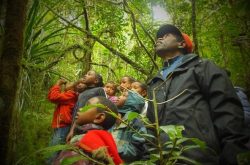
A waste collection point has also been installed near the school where children can learn the art of recycling by building boxes for markers, rugs and other handicrafts with bottle caps.
The Covid-19 pandemic unfortunately caused the absence of at least a quarter of the students. In fact, the parents could not pay the school fees due to the precarious living conditions (hunger, no tourists, little sales activity). Funds have thus been set aside to cover the fees for all the children every year, thanks to the efforts of GERP (Groupe d’Etude et de Recherche sur les Primates) and UNITO (University of Turin), and in return the parents send the children to school.
SAVE THE BATS
In 2022 we start a collaboration with Bat World Sanctuary, they are on the front line to end the mistreatment of bats. Each year they rescue hundreds of bats who might otherwise die. Lifetime sanctuary is given to non-releasable bats, including those that are orphaned, injured, and rescued from the exotic pet trade, zoos, and research facilities.
This project consists of distributing bat packs through libraries in the United States so that teachers from schools in the area can access them to make their students (ages 5 to 10) aware of the importance of bats.
The Bat Pack would include several artifacts, activities, and literature to assist curriculum and hopefully, get kids excited about bats. Along with our physical bat packs, we plan to create a virtual downloadable version containing activities, literature, and other online educational material that will be accessible to educators all across the world. The goal of this project would be to educate the next generation on the importance of bats and their conservation, fostering a love for bats from the start and correcting the myths that have plagued bats for far too long.


